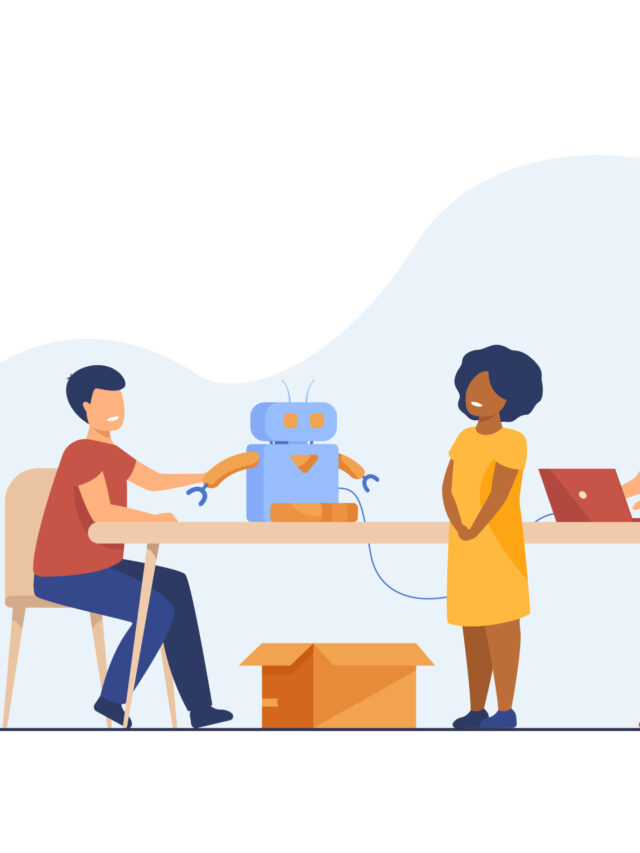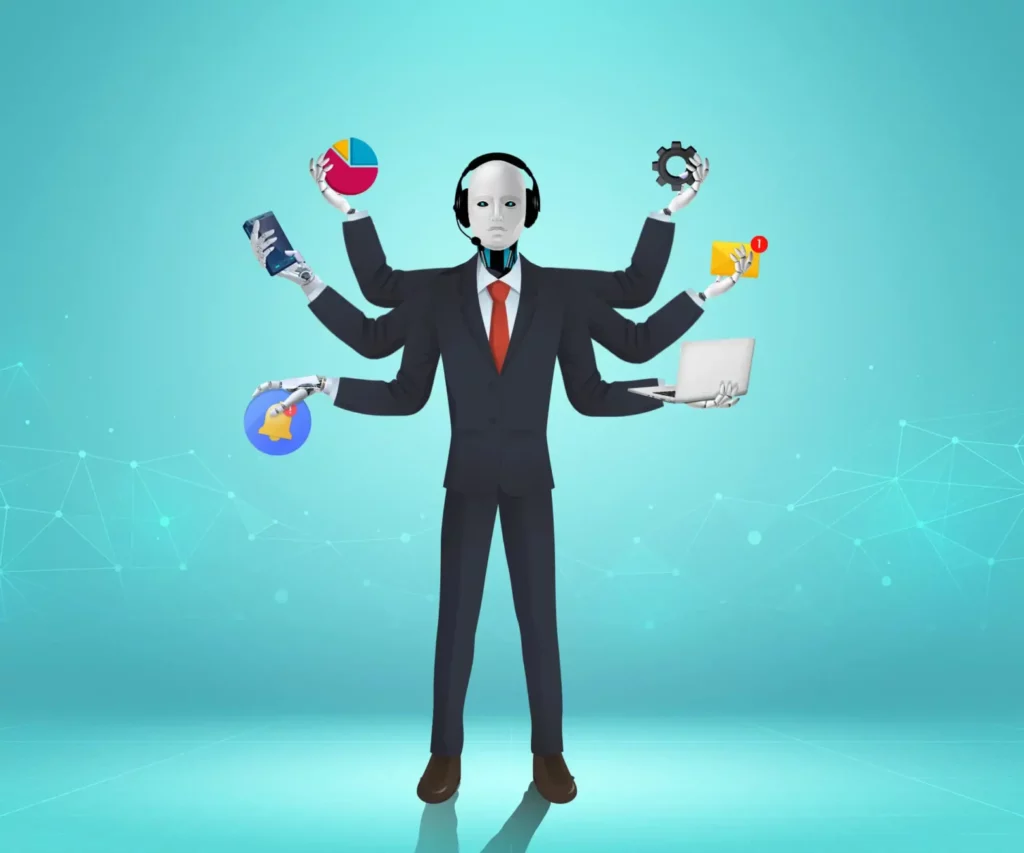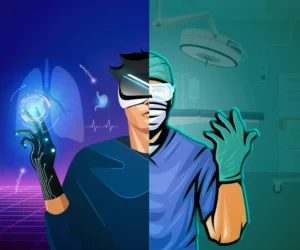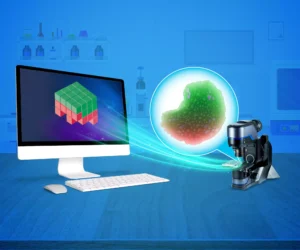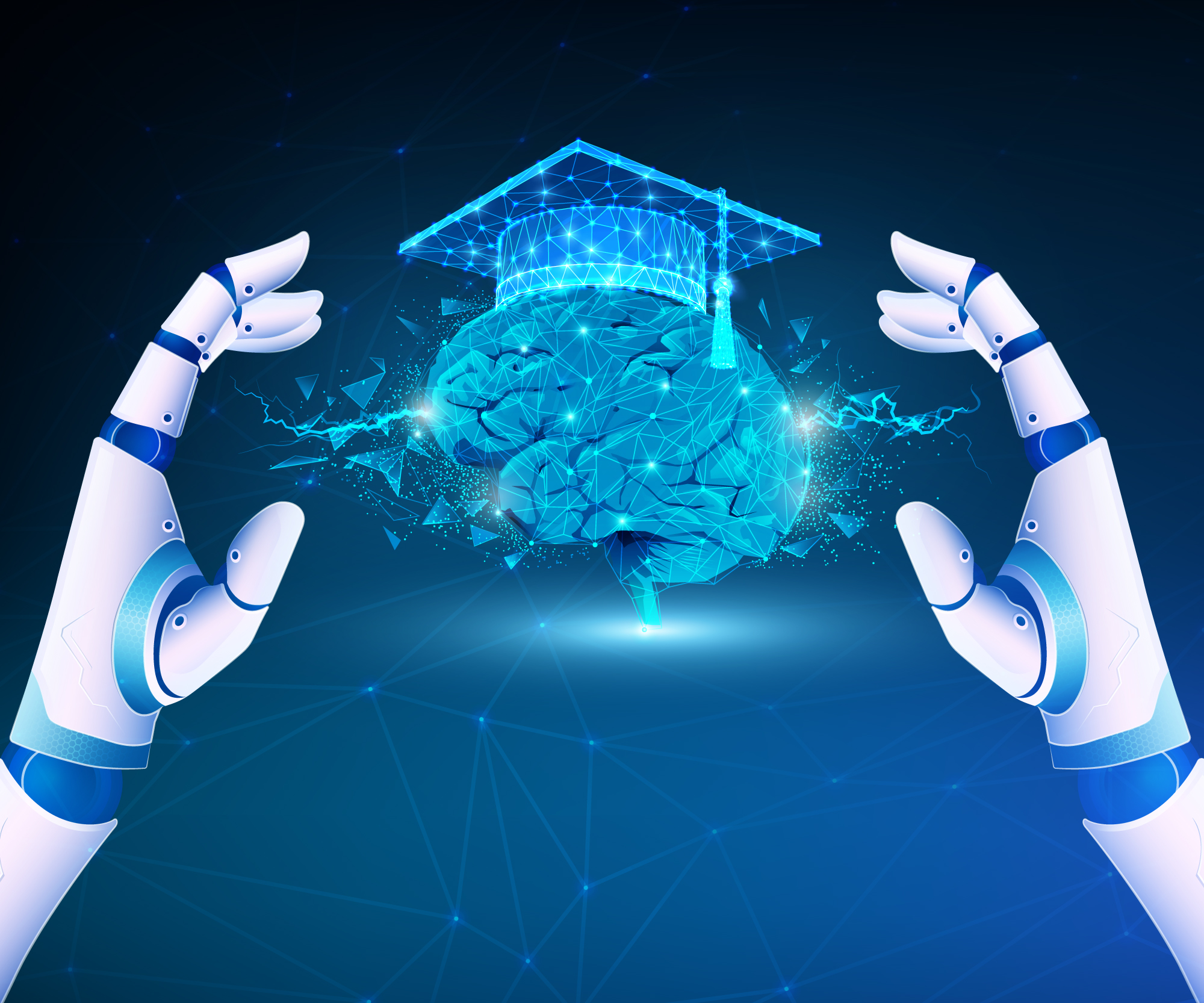
Smartboard versus chalkboard. Multimedia versus textbooks. Recordings versus hand-written notes. There is an entire spectrum of opinions and approaches when it comes to the use of technology in education. You can find the same patterns in the more specific discussion on using AI in education. However, whether you like it or not, AI is coming into various aspects of human life. Currently, it is on the cusp of becoming something far more significant in schooling and education. So, should AI be a part of organised education? How does education have to change to use AI well?
The arguments for AI in education
Let us begin by acknowledging the way in which AI can be the wind beneath the wings of education.
The study buddy
AI can help to create personalised learning plans for students by assessing patterns in their tests, homework, and classwork. Teachers manage these tasks to a certain extent, but with great difficulty, as they often have 30 or more children in a class. AI could also provide a round-the-clock space for students to clear up doubts. Parallelly, this availability factor encourages the more reserved learners to raise questions freely without inhibitions. In addition, it could help cater to different learning styles by using text, audio, or video.
The teacher’s assistant
For teachers, AI could help with grading papers, filing paperwork, and making progress reports. For instance, it could consolidate into a report what a particular student has done well and struggled with over a semester. The teacher can then edit or add to the report as they wish. That would save teachers from having to comb through various bits of work and notes to create the base of a progress report. Furthermore, AI would also help teachers learn and keep their knowledge base fresh. By identifying challenges for individual students, AI could show teachers what a particular child might need more help with and what might be alternative ways of catering to them.
Return of resources
The most significant benefit of AI would be that of time. Since AI could remove mundane paperwork tasks, it would enthuse teachers by allowing them to focus more on the human element of education. I am referring to things like helping children understand social dynamics, play and emotion, and other similar learnings. These are crucial to our understanding of how to live in and engage with the world.
The arguments against AI in education
To no one’s surprise, AI isn’t an all-rosy medium. And when it comes to education, there are quite a few implications that still bring on apprehension.
Big bucks
The first thing on the list is the cost. It can be quite expensive to set up and maintain the devices and the technology. Of course, there are free or low-cost AI software such as ChatGPT, but even those might be inaccessible to those who cannot afford computers, tablets, and smartphones. The worrying result is that it might only end up widening the chasm between the schools that can afford the technology and those that cannot. That is not to say that only children who attend more expensive schools do well in life. However, it is another unfair way some children will get more than others.
Give an inch, and AI could take a mile
The biggest concern is that AI will inhibit people from thinking for themselves. This technology is perfectly capable of generating essays, lesson plans, and other student work. It is, therefore, possible for both students and teachers to lean a little more on the software than on their merit. As a result, we may become overly reliant on AI to develop ideas and create content for us, which would curb our ability to think critically and make decisions. And, in due course, chances are that they will begin to trust AI without thinking critically about what it suggests.
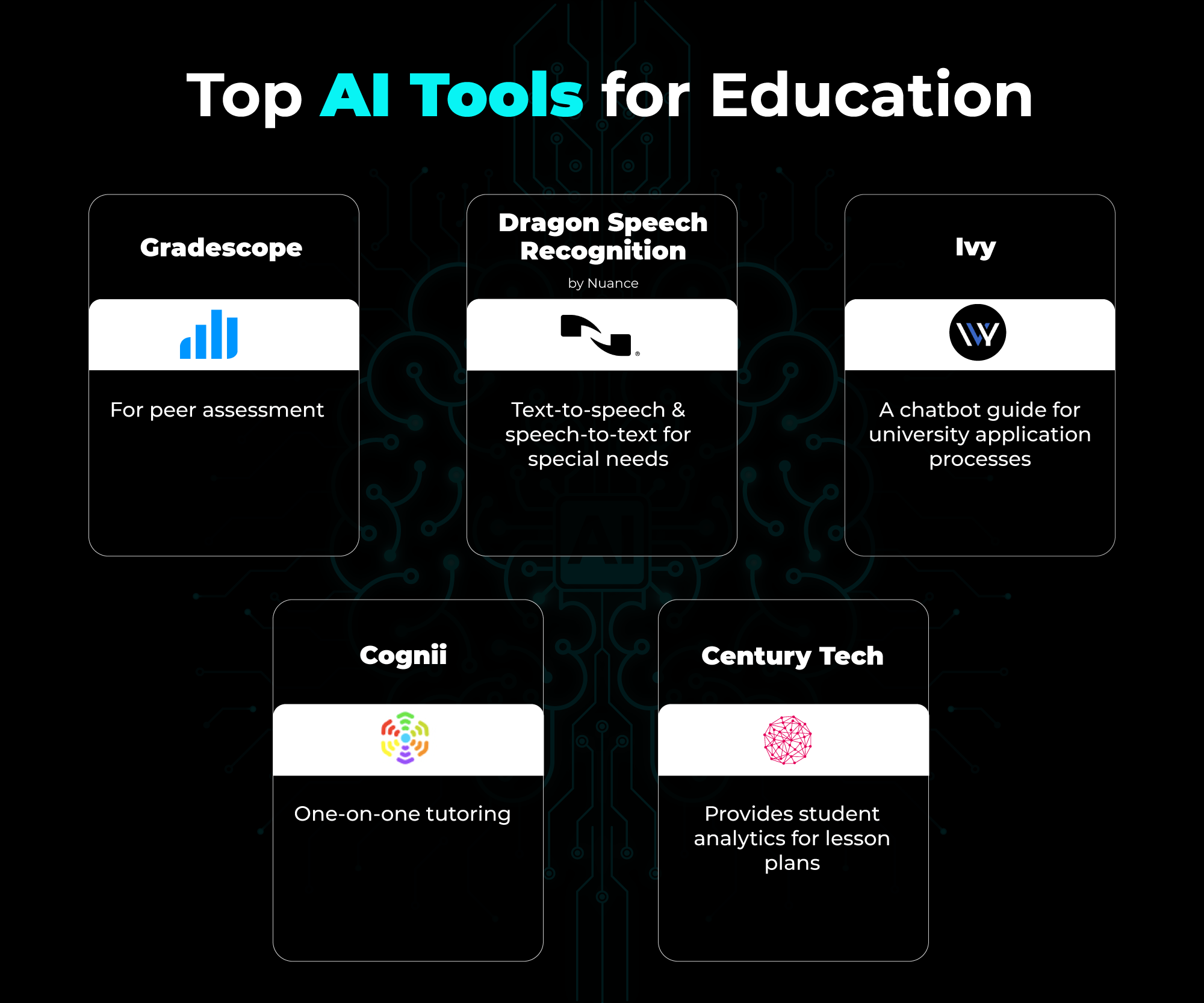
Is AI coming for our jobs?
One of the first concerns people have when thinking about AI is that it will result in people losing jobs. This concern is valid for many fields but not so much for teachers. AI will not and cannot replace human teachers. Anybody who thinks that has an incredibly simplistic understanding of what teachers do. Education, unlike many other fields, requires a human element. Academics are only one part of a far more extensive operation during which children learn how to navigate this complex and multi-faceted thing we call life.
But certain things will need to change in education as AI increasingly enters the fray—and it will. Our systems are competitive and based on knowledge. Still, they must become collaborative, based on how we learn to use that knowledge. Teachers will have to provide tasks that AI tools like ChatGPT cannot churn out in seconds—something that requires the student to think critically and decide for themselves, causing them to grapple with problems and situations (on a smaller scale) that life will, someday, throw at them.
Free rein for AI in education?
For years, educationists have argued that schools must be smaller versions of the world where children will be exposed to things they might encounter later in life. The school should ideally provide a safe space for them to deal with these things. For this to happen, schools must be places rife with the freedom to make mistakes and to learn from them.
At the same time, experts will have to keep a close eye on AI to ensure it is not harming students. This is beyond most of us ordinary folk. However, we can take some comfort in remembering that this is not all that different to human teachers. They also need to be supervised and held accountable in different ways.
How can we level AI’s playing field in education?
On a societal scale, there must also be an active effort to ensure that the gap between the rich and the poor cannot widen. AI cannot be only for those who come from wealth and privilege. We need to make free, open-source, and low-cost alternatives available. Those with the technology must be willing to share it with those without it. After all, one of the largest boasts of AI is that it can work all day, every day. Indeed, we can create a system that benefits everyone.
Perhaps what is most important is that we must not change everything to ensure that AI can help us. For example, AI can quickly grade multiple-choice papers, and that can help save teachers a great deal of time. But that does not mean we should convert all testing and tasks to that format. The underlying principle is, and must always continue to be, that human beings are more important than technology. Technology will only keep getting better and increasingly human-like. And sometimes, it might seem more attractive to talk to a human-like chatbot rather than a human being. It’s understandable because they come with problems that chatbots simply don’t have. But we must always value human beings more than technology. In the road ahead for education, we cannot forget that AI is the tool, and the teacher is the wielder. Not the other way around.
